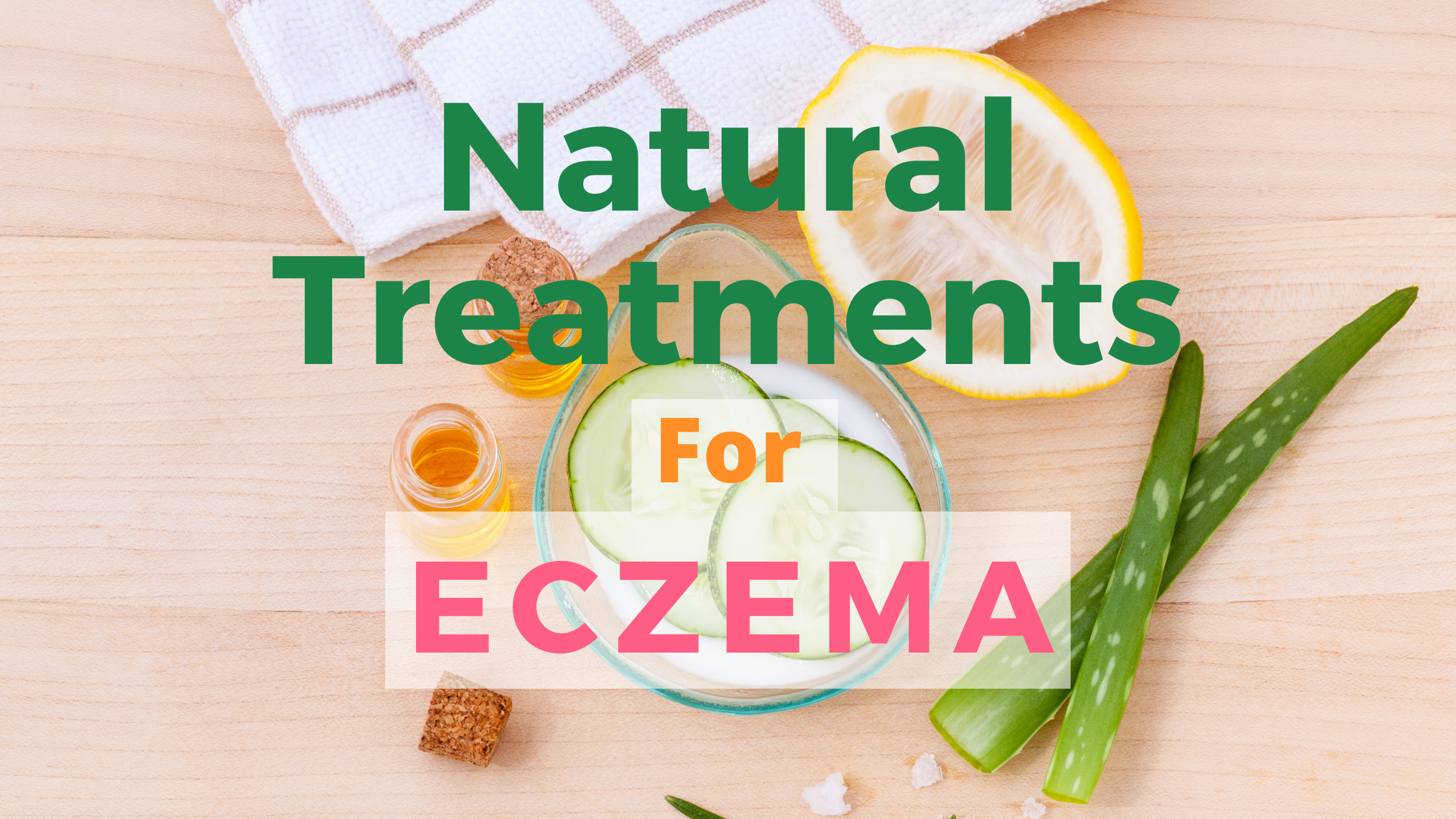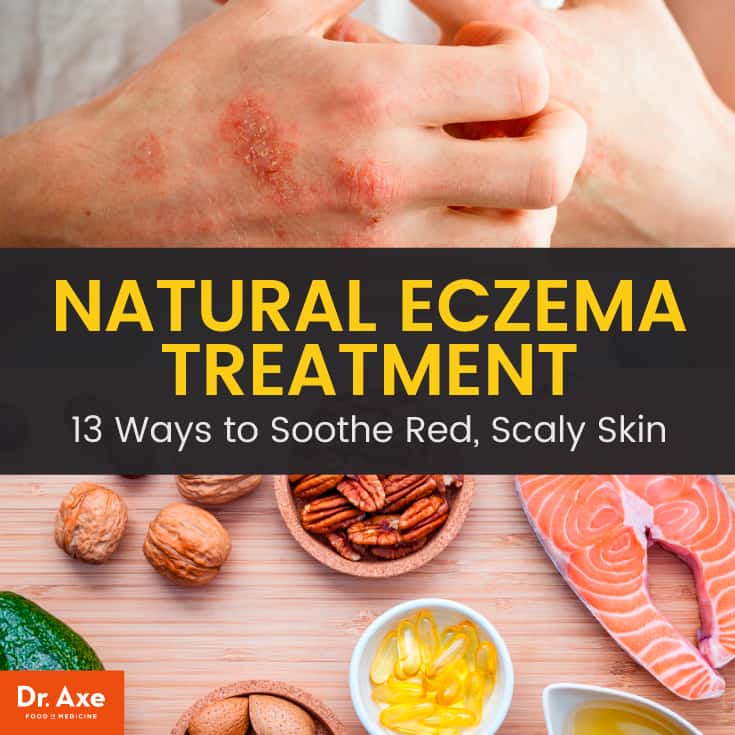Preparation and Application Methods of Herbal Remedies

Preparing and applying herbal remedies for eczema requires careful consideration of both the chosen herb and the individual’s skin sensitivity. Different preparation methods yield varying potencies and ease of application, influencing their suitability for different eczema severities. Understanding these nuances is key to effective and safe treatment.
Herbal Remedy Preparation Methods
Choosing the right preparation method depends on the specific herb used and the desired outcome. Some herbs are better suited to infusions for their soothing properties, while others might be more effective as ointments for their protective and anti-inflammatory qualities.
- Infusions: Infusions are essentially herbal teas. They’re created by steeping dried herbs in hot water. This method is excellent for extracting water-soluble compounds. For eczema, calming herbs like chamomile or calendula are commonly used. To prepare, add 1-2 tablespoons of dried herb to a cup of boiling water, steep for 10-15 minutes, strain, and allow to cool before applying as a compress. This method is gentle and suitable for mild to moderate eczema.
- Ointments: Ointments are oil-based preparations that provide a protective barrier on the skin and help retain moisture. They’re particularly useful for dry, cracked skin often associated with eczema. To create a simple ointment, you can combine infused herbal oil (prepared by infusing herbs in a carrier oil like olive or coconut oil for several weeks) with beeswax. Melt the beeswax, add the infused oil, mix thoroughly, and pour into a container to cool and solidify. Herbs like comfrey or St. John’s wort are often used in ointments for their wound-healing and anti-inflammatory properties. This method is suitable for moderate to severe eczema, offering a longer-lasting effect.
- Compresses: Compresses involve soaking a clean cloth in a prepared herbal infusion or diluted herbal hydrosol and applying it to the affected area. This method is excellent for soothing inflamed skin and reducing itching. The compress should be cool or lukewarm, never hot. Repeated application throughout the day can provide significant relief. This method is generally suitable for all eczema severities, especially during flare-ups.
Herbal Remedy Application Methods
The application method should be tailored to the severity of the eczema and the chosen preparation. Gentle application is crucial to avoid further irritation.
- Direct Application: This involves directly applying the prepared remedy (infusion, ointment, or diluted hydrosol) to the affected skin. For ointments, a thin layer is sufficient. For infusions, gently dab the affected area with a clean cloth soaked in the cooled infusion. This is suitable for mild to moderate eczema. For severe eczema, this method may need to be combined with other approaches.
- Compress Application: Soak a clean cloth in the prepared remedy and apply it to the affected area for 15-20 minutes. This method is particularly soothing and effective for reducing inflammation and itching. Repeat as needed. This is suitable for all eczema severities, especially during flare-ups.
- Bath Application: Adding herbal infusions to a lukewarm bath can provide whole-body soothing relief. This method is beneficial for widespread eczema. Ensure the water is not too hot, as this can worsen the condition. This is suitable for mild to moderate eczema, offering a relaxing and comprehensive treatment.
Comparison of Preparation and Application Methods, Natural herbal treatments for skin conditions like eczema
Each preparation method offers unique advantages and disadvantages. Infusions are simple to prepare but may not provide long-lasting relief. Ointments are more time-consuming to make but offer a longer-lasting protective barrier. Compresses are versatile and easy to apply, offering a good balance between ease of use and effectiveness. Direct application is straightforward but might not be as effective as compresses for severe eczema. Bath applications are relaxing but less targeted than direct application. The best approach depends on individual needs and the severity of the eczema. For example, a person with mild eczema might find an infusion compress sufficient, while someone with severe eczema may benefit from a combination of ointment application and cool compresses.
Scientific Evidence Supporting Herbal Treatments

While anecdotal evidence and traditional practices support the use of herbal remedies for eczema, the scientific evidence base remains relatively limited compared to conventional treatments. Research is ongoing, and the efficacy of specific herbs varies considerably depending on the preparation, dosage, and individual patient response. It’s crucial to remember that herbal remedies should not replace medical advice or prescribed treatments, especially in severe cases.
Many studies investigating the efficacy of herbal treatments for eczema symptoms focus on their anti-inflammatory and anti-oxidant properties. These properties are believed to alleviate the itching, redness, and inflammation characteristic of eczema. However, the quality and design of these studies vary widely, and more rigorous, large-scale clinical trials are needed to establish definitive conclusions.
Efficacy of Specific Herbs
Numerous herbs have shown promise in pre-clinical studies and some smaller clinical trials. For example, studies have explored the potential benefits of *Calendula officinalis* (calendula) and *Aloe vera* for their soothing and anti-inflammatory effects on eczema-affected skin. *Camellia sinensis* (green tea), rich in polyphenols, has demonstrated antioxidant and anti-inflammatory properties relevant to eczema management in some studies. However, the results are often inconsistent across studies, highlighting the need for standardization of herbal preparations and more robust research methodologies.
Limitations and Gaps in Current Research
A significant limitation in the current research is the lack of large-scale, randomized controlled trials (RCTs) – the gold standard for evaluating medical interventions. Many studies are small, use heterogeneous populations, and lack consistent methodologies for herbal preparation and dosage. This makes it challenging to draw definitive conclusions about the efficacy and safety of these treatments. Furthermore, the interaction between herbal remedies and conventional medications is often poorly understood, potentially leading to adverse effects if not carefully managed. Standardization of herbal extracts is also crucial, as the concentration of active compounds can vary significantly between different batches and preparations.
Need for Further Research
Substantial further research is required to fully validate the effectiveness and safety of herbal treatments for eczema. This research should include large-scale, well-designed RCTs comparing herbal remedies to placebo and standard treatments. Studies should focus on standardizing herbal preparations, ensuring consistent dosages and active compound concentrations. Furthermore, research should investigate potential interactions between herbal remedies and other medications, as well as long-term safety profiles. Understanding the mechanisms of action of these herbs at a molecular level will also contribute significantly to their validation and safe application. This will allow for the development of evidence-based guidelines for the appropriate use of herbal remedies in the management of eczema.
Potential Side Effects and Precautions: Natural Herbal Treatments For Skin Conditions Like Eczema

While natural herbal remedies offer a promising approach to managing eczema, it’s crucial to understand that they are not without potential side effects. Just like pharmaceutical medications, herbal treatments can trigger allergic reactions or interact negatively with other medications you might be taking. Therefore, a cautious and informed approach is essential to ensure safe and effective use.
Many herbal remedies contain potent compounds that, while beneficial in treating eczema symptoms, can also cause unwanted side effects if not used correctly. These side effects can range from mild skin irritation to more serious allergic reactions. It is therefore paramount to proceed with caution and prioritize safety throughout the treatment process.
Allergic Reactions and Skin Irritation
Some individuals may experience allergic reactions to specific herbs. These reactions can manifest as skin rashes, itching, swelling, or difficulty breathing. Common culprits include chamomile, calendula, and aloe vera, although allergic reactions are relatively uncommon. Before applying any new herbal remedy, it is strongly advised to perform a patch test on a small area of skin to check for any adverse reactions. This involves applying a small amount of the diluted herbal preparation to an inconspicuous area of skin and observing for any redness, itching, or swelling over 24-48 hours. If any reaction occurs, discontinue use immediately. Symptoms such as hives, difficulty breathing, or swelling of the face, lips, or tongue require immediate medical attention.
Interactions with Medications
Certain herbal remedies can interact with prescription or over-the-counter medications. For example, some herbs can affect blood clotting, potentially increasing the risk of bleeding in individuals taking blood thinners. Others might interact with immunosuppressants, altering their effectiveness. It is vital to disclose all medications, supplements, and herbal remedies you are using to your healthcare provider to prevent potentially dangerous interactions. This comprehensive approach ensures that your treatment plan is safe and effective. For instance, St. John’s Wort, sometimes used for its anti-inflammatory properties, can interact with numerous medications, including antidepressants and birth control pills.
Dosage Recommendations and Contraindications
There are no universally standardized dosages for herbal remedies used to treat eczema. The appropriate dosage will depend on factors such as the specific herb, the severity of the eczema, and the individual’s overall health. Always follow the instructions provided by a qualified healthcare professional or on the product label carefully. Exceeding the recommended dosage can increase the risk of side effects. Furthermore, certain herbal remedies are contraindicated in specific populations, such as pregnant or breastfeeding women, children, or individuals with certain medical conditions. For example, some herbs might not be suitable for people with compromised immune systems or those prone to bleeding disorders.
Importance of Consulting a Healthcare Professional
Before starting any herbal treatment for eczema, it is essential to consult a healthcare professional, such as a dermatologist or naturopathic doctor. They can assess your individual needs, consider your medical history, and help you choose the most appropriate and safe treatment plan. They can also monitor your progress and address any potential side effects promptly. Self-treating eczema with herbal remedies without professional guidance can be risky and might delay appropriate medical care. A healthcare professional can provide personalized advice and ensure that your chosen herbal remedies do not interfere with any other treatments or medications you are taking.